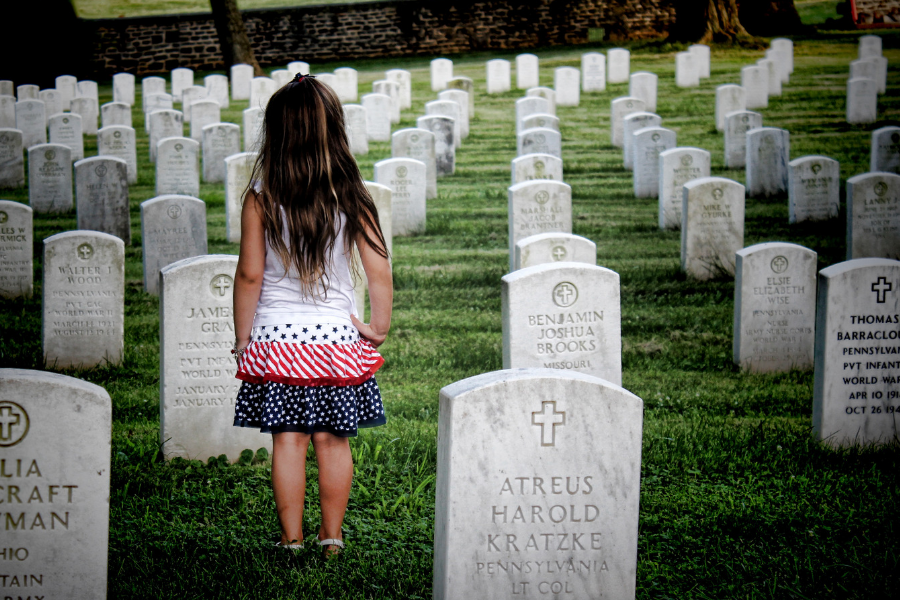PCSing Without Your High Schooler

This post isn’t about those parents who fail to notice that their high school daughter moved in with her boyfriend over the weekend. It also isn’t about the parents who wish their high schooler would just move out! Rather, we’re going to take a look at the parents for whom it makes the most sense to let their military high schooler live with family or friends while they PCS to another state or country.
Children thrive under stability and structure; these tenets allow them to develop into well-adjusted, productive members of adult society. The only real stability that military life offers for military children, however, is the assurance of a military relocation just as soon as they’ve settled into their new school and finally made good friends.
The disruption in the academic careers of military children has caused many parents to seek alternative solutions. Almost 10 percent of all military children are homeschooled versus 3 percent of civilian children. Military parents turn to homeschooling programs, cooperatives, and online schools to help provide greater consistency in their academics so that they aren’t learning the same material from state to state while missing other key foundational knowledge. Other parents pursue the geobachelor route where one parent remains behind so that a child can finish school.
Still other parents pursue even less traditional options for helping their child to successfully complete his or her education. Two such untraditional options that some military parents are choosing are:
- Leaving children behind with either extended family or friends
- Boarding schools
In most cases, separation from the family unit is not ideal for stability and success, but not every child benefits from consistent change and travel either. If your child has a learning disorder, isn’t challenged by his or her current academic program, or is close to graduation, you may find yourself facing the difficult choice to allow your high schooler to remain behind when you PCS. For the following families, making the difficult choice to leave a child behind presented their best option for success.
One military spouse who requested to remain unnamed works in the DoDEA School System. When her husband received orders to move from one coast to the other at the end of her son’s junior year of high school, their family sat down and had a tough conversation. He had already moved schools six times, a situation that any child would find challenging, and his learning disorder only compounded the challenge for their family. In his current school, one that he’d spent both his sophomore and junior years in, he had achieved well through supportive programs that the school offered and grown in his academic confidence in ways that his family had never before experienced.
Not wanting to leave her son behind, but recognizing, too, that both her husband and the families of his troops would need her support in his new position as a commander of a regularly deploying unit, she was torn. When the family discussed all of the options, they eventually chose to leave the decision of what to do up to their 17-year-old son. He requested to remain behind and share the family’s home with his brother, a sophomore at a local college. The family relented on the condition that he would accept their plane tickets to fly out to visit them regularly.
Their story took place about five years ago now and, since then, her son successfully completed high school and is en route to successfully completing his bachelor’s degree, too.
Similarly, in a story shared with the Military Child Education Coalition, military spouse Kerri Beckert explained why her family also took the educational road less traveled by sending her high school daughters to boarding school. As with the family who chose to leave their son with his elder brother, the Beckerts explained that the key to their success was making the decision with their children rather than for their children. The children had the opportunity to take ownership of the decision to live apart from their military family.
Have you had to make the decision to live apart from your high schoolers due to a PCS?
Photo credit: Flickr user MC Quinn





































































